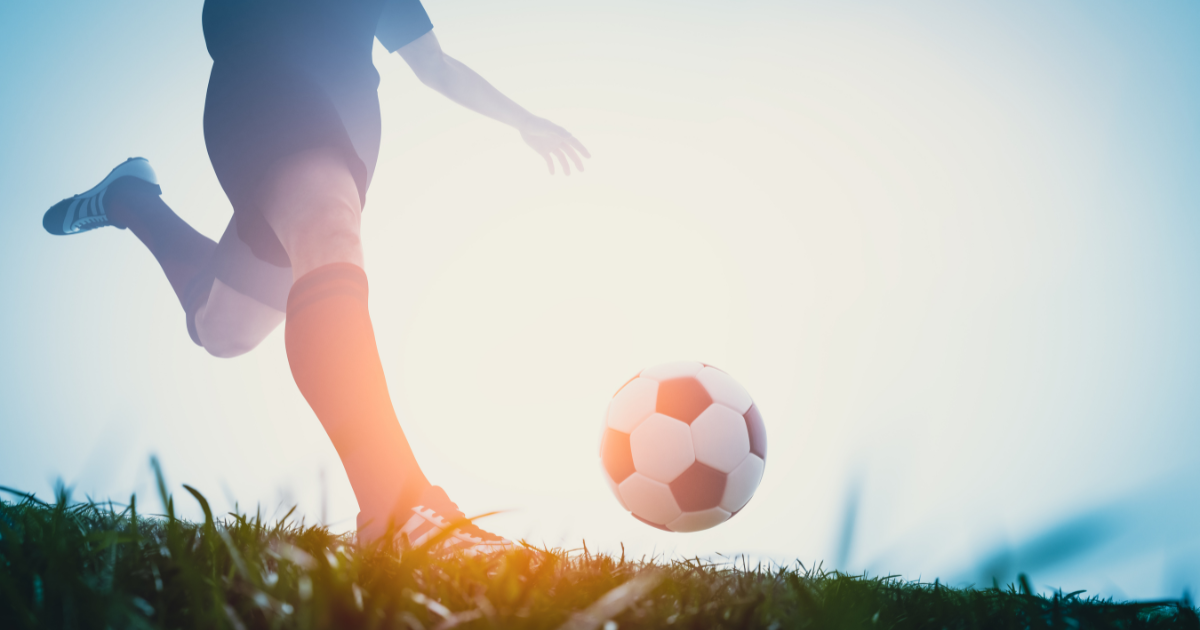The International Football Association Board (IFAB) has rejected a temporary concussion substitute trial in the Premier League next season following a meeting at Wembley.
The trial, proposed by the world players’ union, Fifpro, and the World Leagues Forum, was set to include the Premier League, Ligue 1 in France, and Major League Soccer in the US. Bran injury campaigners, including Headway, believe that the substitute approach could protect players from life- long-term cognitive injuries.
The Football Association’s Chief Executive, Mark Bullingham, who is supportive of the trial, said, “There were very strong and very different views in the room, and we didn’t reach a consensus. We agreed that it would remain under active review.”
The Professional Footballers’ Association’s head of brain health in England, Dr Adam White, said the decision was ‘extremely disappointing’. He added “IFAB’s members have yet again passed on the opportunity to introduce what we believe would be a valuable tool to better protect player welfare.”
Luke Griggs, Chief Executive of Headway said the charity was bitterly disappointed by the decision.
“Temporary subs would allow medics more time to assess a player in the quiet confines of a dressing room. As the symptoms of concussion can be delayed in their presentation, a ten-minute assessment will never be perfect, but it is better than giving medics the impossible job of having to make snap judgements within two or three minutes under the intense pressure and glare of tens of thousands of fans in the stadium and millions more watching at home, as is currently the case.
“We commend the Premier League and FA for making the case for temporary concussion substitutions, but all that has been achieved by this decision is to deny the application of an additional layer of protection to players and further damage football’s credibility when it comes to brain injury.”
Comprehensive research has demonstrated ‘conclusive evidence’ that repeated head impacts cause brain disease. A 2022 study found that athletes playing contact sports are at least 68 times more likely to develop chronic traumatic encephalopathy (CTE) than the general population. In 2019, a study by Dr Willie Stewart found that footballers are three and a half more times likely to die from a neurodevelopmental disorder when compared with people of the same age.
Last year, the FA committed to a trial to stop Under-12s from heading during training, with a phased introduction during matches up to the age of 18, after a 22-month study by the Glasgow Brain Injury Research Group found that former professional players are 3.5 times more likely to die of brain disease that the general population.
Brain injury medical experts
Legal teams and case managers supporting clients with head and brain injury should be aware of how the injury can adversely affect the quality of a person’s life and the expertise a skilled brain injury medico-legal expert can bring to a case.
>> Find a medical expert specialising in brain injury
>> Read our range of updates regarding brain injury and sport

